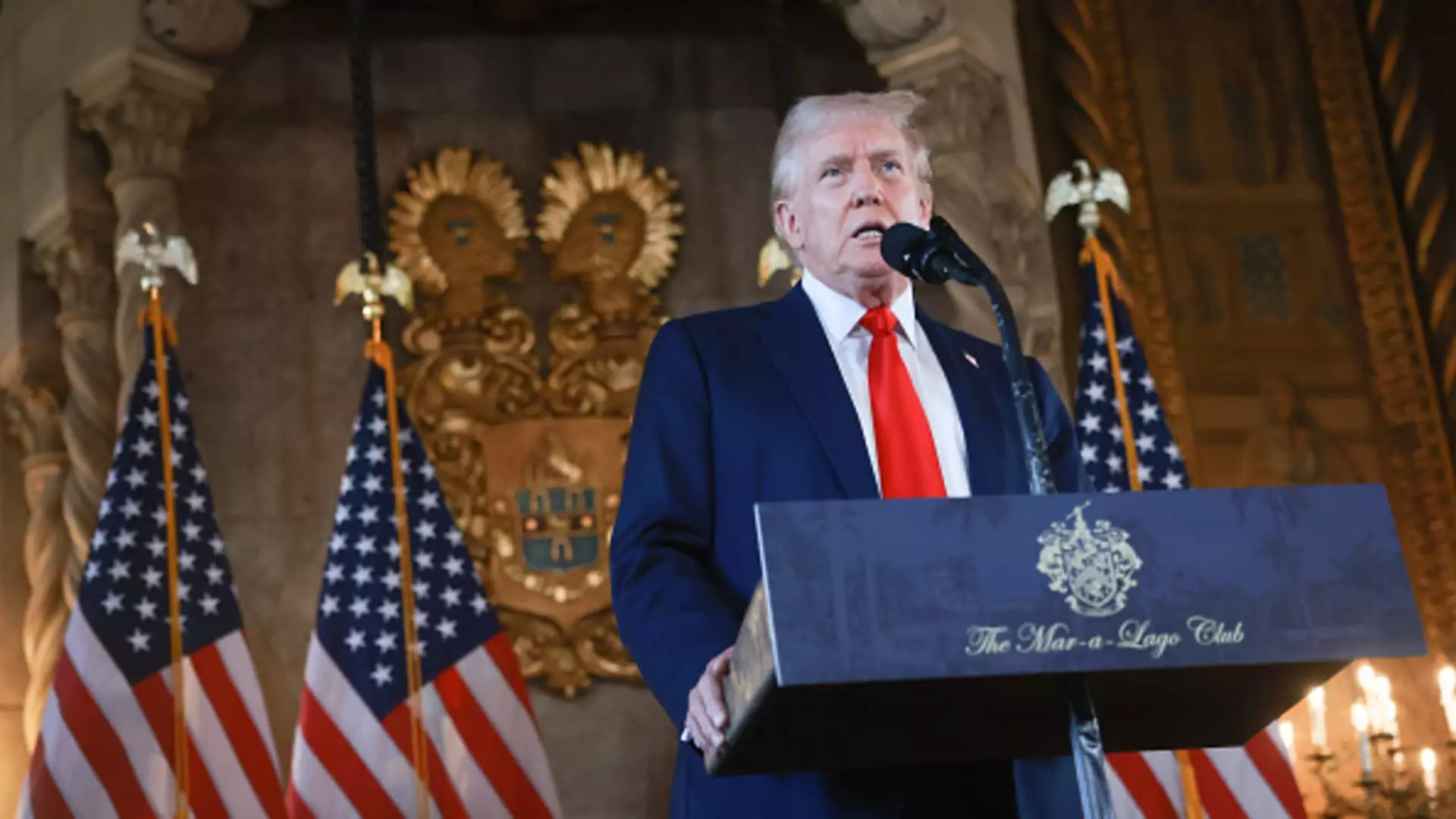In recent media commentary, former Trump Organization executive Barbara Res has challenged former President Donald Trump’s recounting of a helicopter ride with former San Francisco Mayor Willie Brown. This anecdote, shared during a press conference, has raised eyebrows, prompting scrutiny not only of Trump’s memory but also of his relationships with influential political figures. Res, a knowledgeable insider from the Trump Organization, provides a crucial perspective that could reshape the public’s understanding of this story. By delving into the depths of political entanglements and personality dynamics involved, we can unravel the layers of this seemingly trivial exchange.
During a press conference, Trump claimed to have shared a helicopter ride with Brown, describing an emergency landing that highlighted moments of tension. This narrative, filled with dramatic flair, not only amplifies Trump’s larger-than-life persona but also begs the question of accuracy. Res has positioned herself to directly contradict this episode, stating that Trump’s story may have been an amalgamation of various historical encounters he has had, revealing a potential confusion between Brown and another politician, former California State Senator Nate Holden.
Res’s arguments are compelling. The passage of time, marked by 30 years since the events described, complicates recollections. Yet, it is precisely the vagueness of Trump’s storytelling that leaves room for doubt. One cannot help but wonder: is this a simple case of misplaced memories, or is there a more profound desire to embellish personal narratives for political gain? The hermeneutic of memory must account for the political motives behind the retelling of such stories, especially in light of their entertainment value in the media landscape.
Misremembering has significant consequences, particularly for public figures who wield considerable influence. In the political arena, narratives can have reverberating effects on public perception and trust. Trump’s helicopter story reflects a personal branding strategy—presenting himself as being connected to key political figures like Brown. However, Res’s testimony, along with Brown’s immediate denial, illuminates the fragility of such narratives.
Moreover, Brown’s quip, implying that Trump might have been confused due to the racial dynamics at play, raises essential questions about identity and representation in political storytelling. It serves as a reminder of the intricacies facing politicians in narrative crafting, especially as they weave personal interactions into their public personas.
The interplay of truth and embellishment in political narratives is not new but has found new vigor in contemporary discourse. Trump’s storytelling serves as a fascinating case study in how narratives are constructed and deconstructed. It highlights the quasi-therapeutic function of political storytelling—engaging audiences while evoking emotions of intent, excitement, and occasionally confusion.
In addition, the responses of Nate Holden and other politicians involved in this narrative including Res’s insights, point to a broader reflection on how history is interpreted and recalled through personal lenses. This incident emphasizes the broader spectrum of factuality within political oratory—how one man’s anecdote might influence public perception and political discourse at large.
In dissecting Trump’s helicopter story, it becomes apparent that the intersection of personal history, political ambition, and public narrative can yield both insightful and misleading results. The responses from Res, Brown, and Holden not only dismantle Trump’s embellished narrative but also invite a critical analysis of how narratives shape political identities. As the political landscape continues to evolve, the importance of accountability in storytelling will remain paramount. By enhancing our understanding of these dynamics, we can better navigate the complex terrain of truth and embellishment in politics, fostering a more informed electorate.


Leave a Reply